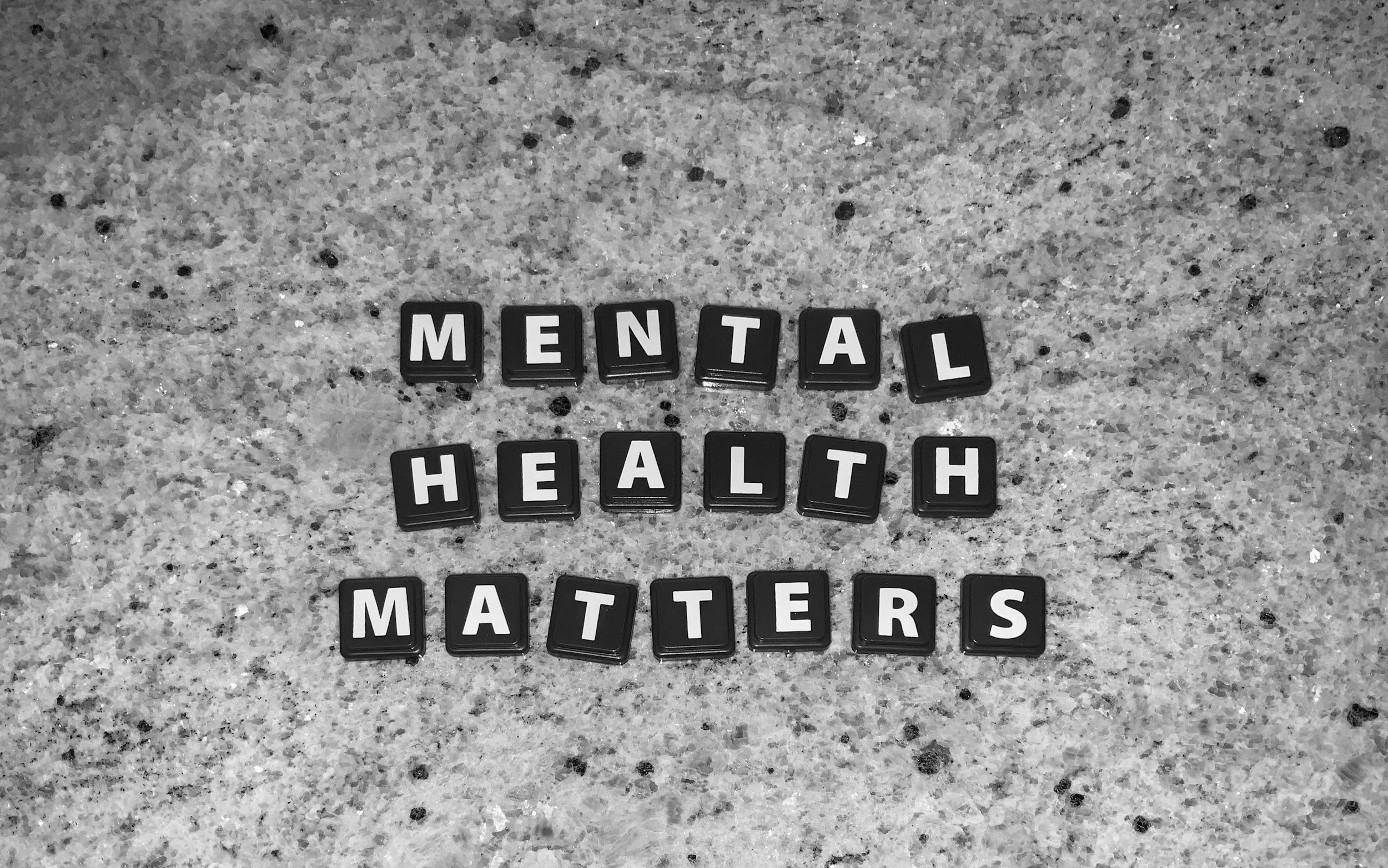Why Routines Matter for Mental Health
At times we might think of routines as dull or restrictive, but in reality they can be an anchor for our wellbeing. Having a predictable structure to the day reduces stress, improves sleep, and gives us a sense of control. For people struggling with anxiety or low mood, even small daily rituals can make life feel more manageable.
The Science Behind Structure
Our brains like predictability. When we know what is coming next, our nervous system feels calmer. This is why children thrive on routine, and the same applies to adults. Research has shown that regular daily habits can:
- Improve sleep quality by regulating the body’s natural rhythms
- Reduce stress by creating predictability
- Boost productivity and focus
- Support healthier eating and exercise patterns
Simple Routines to Try
You don’t need to overhaul your entire lifestyle to feel the benefits. Start small and build gradually. Here are some ideas you could try:
- Morning routine: Wake up at the same time each day, stretch, drink water, and take a few deep breaths before looking at your phone.
- Workday rhythm: Schedule regular breaks away from screens. Even five minutes to stand up and move can boost focus.
- Evening wind-down: Switch off devices an hour before bed, dim the lights, and read or listen to calming music.
- Weekly rituals: Plan a walk in nature, a meal with loved ones, or time for a hobby you enjoy.
When Life Feels Overwhelming
It’s easy to slip out of routine when life feels chaotic. During times of stress, structure becomes even more important. It gives us stability when everything else feels uncertain. If you’re finding it hard to keep a routine, start with one or two anchor points, such as a set wake-up time and a daily meal at the table.
Balancing Flexibility and Structure
Some people worry that routine means rigidity. In fact, the best routines leave room for flexibility. Life is unpredictable, so it’s helpful to think of routine as a framework, not a strict timetable. For example, you might plan a daily walk but leave the exact time open, depending on weather and energy levels.
Routines and Mental Health Recovery
For those recovering from depression, anxiety, or trauma, routines can be a vital part of healing. They help rebuild confidence, create purpose, and encourage self-care. Small daily goals, such as making the bed or going outside for five minutes, can gradually restore a sense of achievement and control.
Practical Tips to Get Started
If you’d like to bring more routine into your life, try the following:
- Pick one area of your day that feels chaotic and create a simple habit around it.
- Use reminders on your phone or notes around the house.
- Celebrate small wins and notice how you feel after sticking to a habit.
- Be patient - routines take time to build and will naturally evolve.
Final Thoughts
Routines are not about perfection or living the same day over and over. They are about creating rhythm, predictability, and a sense of safety. By making small changes, you can build a structure that supports your mental health and gives you more energy for the things that matter most.




